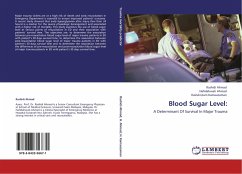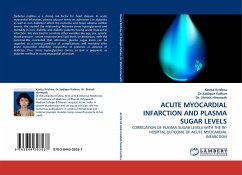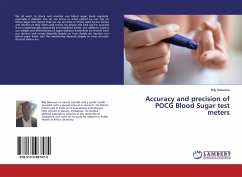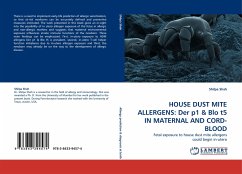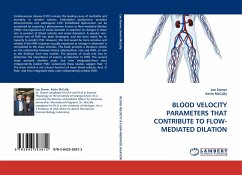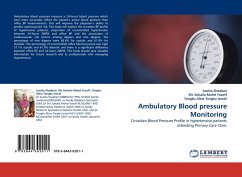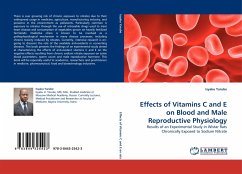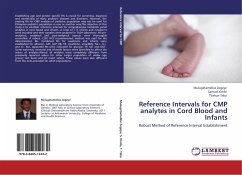Major trauma victims are at a high risk of death and early resuscitation in Emergency Department is essential to ensure improved patients outcome. A recent study showed that early hyperglycemia after injury (less than 24 hours) is a marker for the severe physiologic derangement and associated with a higher risk of mortality. This study examines the use of blood sugar level at various points of resuscitation in ED and their association with patients survival time. The objectives are: to determine the association between pre-resuscitation blood sugar level of major trauma patients in ED with patient s 30 days survival time, to determine the association between post-resuscitation blood sugar level of major trauma patients in ED with patient s 30 days survival time and to determine the association between the differences of pre-resuscitation and post-resuscitation blood sugar level of major trauma patients in ED with patient s 30 days survival time.
Bitte wählen Sie Ihr Anliegen aus.
Rechnungen
Retourenschein anfordern
Bestellstatus
Storno

